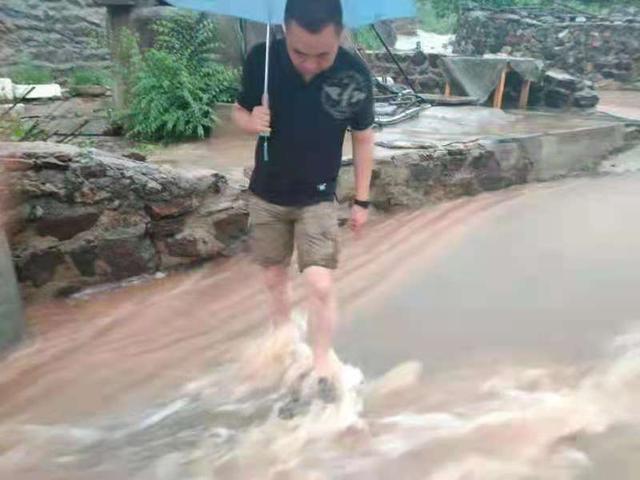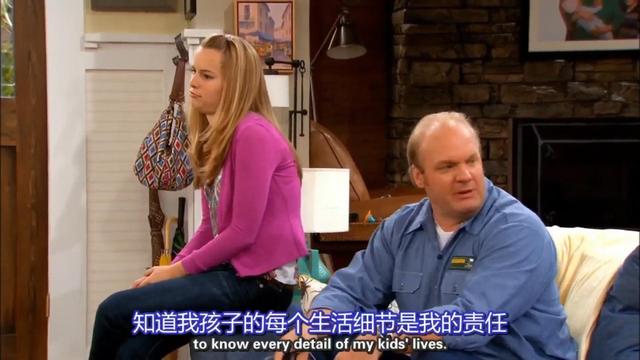时间状语从句
时间状语从句在英语中基于某项动作所表达的一段时间,例如:
I will cook dinner when I get home.这里 ‘When I get home’ 就是时间状语从句。
本篇将讨论时间状语从句的用法。

认识时间状语从句
时间状语从句以表达时间的副词或短语开头,这些词包括 when, after, until, as soon as, before等词开头形成一个完整的句子,例如:
- Before the first lesson begins,
- When the sun sets,
- After my teacher arrives,
尽管这些句子有主语和谓语,但不是完整的思想,仅仅表达时间,所以要有主句与之配合才能表达完整的句意。看下列两个独立的句子:
- I will master English. I will complete every exercise in my textbook.
这两个句子都可以成为时间状语从句,只有看时间的前后。
- I will master English after I complete every exercise in my textbook.
- When I master English, I will complete every exercise in my textbook.
时间从句的规则
当表示将来时,我们用一般现在时,而其它时态都是常规表达方式。.
- Before we cook pies, we wash our hands.
- He came home after he finished work.
- We had dinner before we watched the movie.
- He will finish reading the book after he eats dinner. (Not after he will eat dinner.)
- They are going to the museum before we arrive. (Not before we are going to arrive.)
- I might practice my pronunciation until my friend’s lesson has finished. (Not until my friend’s lesson will have finished.)
- She will meet me after it stops raining. (Not after it will stop raining.)
- I’ll turn off my computer when he does. (Not when he will.)
- The meeting will begin as soon as everyone arrives.
- We’ll go out for dinner after the meeting is over.
- I am going to review the file before I meet with the new client.
时间从句的连词
用By the time表示一个动作先于另一个动作发生:
注意句子中主句都要用完成时,如果从句时过去时,主句就是过去完成时,从句是一般现在时,主句就是将来完成时。
By the time he came home, I had finished my house work.
We will have finished our lunch by the time they arrive.
By the time he finished, I had cooked dinner.
We will have finished our homework by the time they arrive.
用Until/till 表达时间,表示up to that time
I waited until my father finished his office work.
He will wait at the school till you come.
We waited until he finished his homework.
I'll wait until you finish.
用As soon as 一件事紧跟着另一件事发生,从句可用一般现在时或现子完成时:
He will tell us as soon as he gets the news.
He will tell us as soon as he has got the news.
He will let us know as soon as he decides (or as soon as he has decided).
As soon as I hear from Tom, I will give you a telephone call.
用When连接时间状语从句:
- He was talking on the phone when I arrived.
- When she called, he had already eaten lunch.
- I washed the dishes when my daughter fell asleep.
- We'll go to lunch when you come to visit.
用Before引导时间状语从句:
当用before表达过去的动作,主句和从句都可以用一般过去时,虽然也可以一个是一般过去,另一个是过去完成时。
She had stayed in her room for two days before she finally emerged.
She stayed in her room for two days before she finally emerged.
- We will finish before he arrives.
- She (had) left before I telephoned.
用After引导时间状语从句
当用after表达过去的动作,主句和从句都可以用一般过去时,虽然也可以一个为一般过去,另一个是过去完成时
Rick’s daughter locked herself in her room after he had grounded her.
Rick’s daughter locked herself in her room after he grounded her.
- We will finish after he comes.
- She ate after I (had) left.
用While, as引导时间状语从句,从句用过去进行时:
- She began cooking while I was finishing my homework.
- As I was finishing my homework, she began cooking.
- He finished dinner while I was doing my homework
- As I was doing my homework, he finished dinner
用Since表达从某时刻开始:
当用since开头做时间从句,动词可以用现在完成时或一般过去时,取决于动作的先后:
Rick hasn’t spoken to Emily since he grounded her last week.
Emily hasn’t spoken to her friends since she’s been grounded.
- I have played tennis since I was a young boy.
- They have worked here since 1987.
用Whenever, every time接时间从句:
- Whenever he comes, we go to have lunch at "Dick's".
- We take a hike every time he visits.
用The first, second, third, fourth, 及 next, last time开头:
- The first time I went to New York, I was intimidated by the city.
- I saw Jack the last time I went to San Francisco.
- The second time I played tennis, I began to have fun.
Exercise
将下面的每组句子组成一个含时间状语从句的复合句,可以使用时间副词如:when, after, before, unless, until, as soon as等,第一个句子已经为你做好。
- I will read this book. I will eat dinner.
- I will read this book after I eat dinner.
- He will get wet. He is going swimming.
- We are meeting the team. The team is arriving at the station.
- I got to work late. I got up late.
- The police will catch the criminal. The criminal will make a mistake.
- They are going on holiday. They are finishing their exams.
Suggested Answers
- He will get wet when he goes swimming.
- We will meet the team when they arrive at the station.
- I got to work late after I got up late.
- The police will catch the criminal when he makes a mistake.
- They are going on holiday after they finish their exams.





